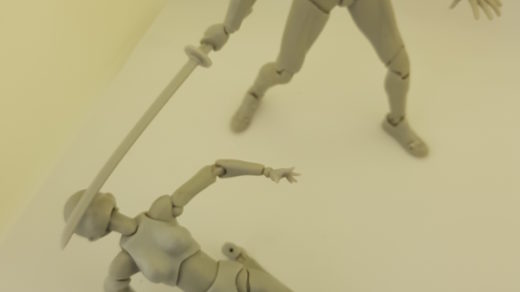Professor Eric Liu, writer and founder of Citizen University, defined power in one of his most popular talks[1] as “…the ability to make others do what you would have them do.”
Informatization and new media has created a significant shift of power in our society. Allow me to cite a few examples.
Exhibit A is the current environment in social media and its effect on Philippine politics. In the past years, Filipinos relied heavily on conventional media for information and opinion. The arrival of the Internet completely changed the game as data can now be had with just a mere click of a button. With the dawn of such technology, one would expect that the knowledge gap would somehow lessen as information is out there in cyberspace waiting and anticipating to be taken in by any willing learner. The caveat though is in the quality of data plastered online. Experts and their pseudo versions have been popping and posting information everywhere in cyberspace. This phenomenon has created multiple land mines for anyone and everyone who would be too lazy to verify the accuracy of the details they are absorbing and would even be likely to share. It has lead to the proliferation of online political propaganda, misinformation and historical revisionism.
Another excellent example can be found on one of our readings[2], Professor Sandy Flor said:
“…the most serious social consequence of informatization in the Third World is the siphoning of economic resources, and the enrichment of one economic sector at the expense of another.”
Reading further until The Rise of the White-Collar Agricultural Worker, we will come to realize the gravity of the situation.
“One wonders where the millions of funds poured into agricultural development programs went. In so far as personal service costs are concerned, most of these went to white-collared agricultural workers—accountants, scientists, and technocrats—many of whom have never even planted, raised or harvested anything at all.”
“If this is the trend, then agricultural development programs are actually pump-priming the information sector, not the agricultural sector. All too often, the benefits do not trickle down to the rural populace. The poor farmer remains poor. Agricultural aid and official development assistance are actually injections into the information-based economy.”
Like anything new, people are only beginning to scratch the surface of what makes up the pros and cons of informatization and new media and yet, there already exists a lot of discussions on how we can have some sort of control over its consequences. There is no doubt that there are numerous advantages of informatization and new media however it is important that we do not take their ill effects lightly.
Professor McLuhan said in his book Laws of Media[3], “…the introduction of new technologies into a society has a determining influence on how that society is organized, how its members perceive the world around them and how knowledge is stored and shared.” If we follow his train of thought, we will push forward by analyzing the artifacts – in our case informatization and new media – by asking these: (1) What does it enhance? (2) What does it make obsolete? (3) What does it retrieve that had been obsolesced earlier? (4) What does it flip into when pushed to extremes? Although the first three questions can be readily answered, it is the fourth one, the most uncomfortable one, we should put more focus on. The only good news is that obsolescence, enhancement and reversal are not meant to be chronological and that somehow, with a bit of a push from our end, the world has a way of fixing things on its own.
References:
[1] Liu, Eric. (2014, November). TED-Ed. Talks. How to Understand Power. Retrieved from https://www.ted.com/talks/eric_liu_how_to_understand_power#t-413118
[2] Flor, Alexander G. 2008. Developing Societies in the Information Age: A Critical Perspective. UP Open University (Diliman).
[3] McLuhan, Marshall. Laws of Media (1988). ARCHIVED – Old Messengers, New Media: The Legacy of Innis and McLuhan. March 6, 2007. February 2, 2018. http://www.collectionscanada.gc.ca/innis-mcluhan/030003-2010-e.html


